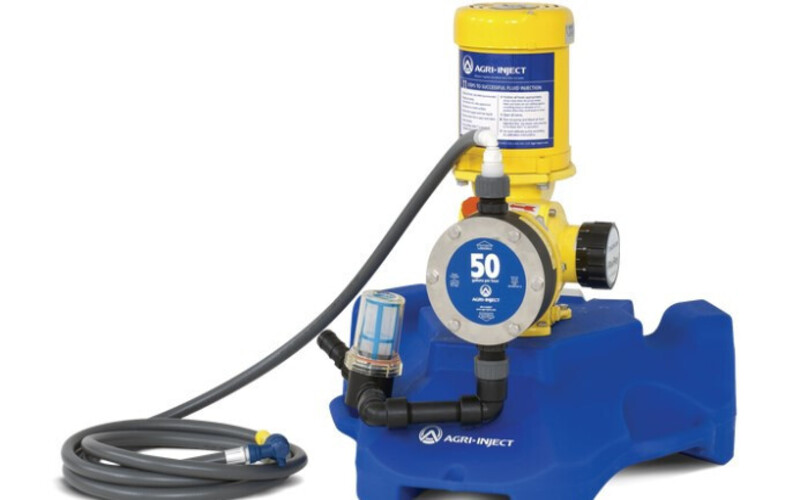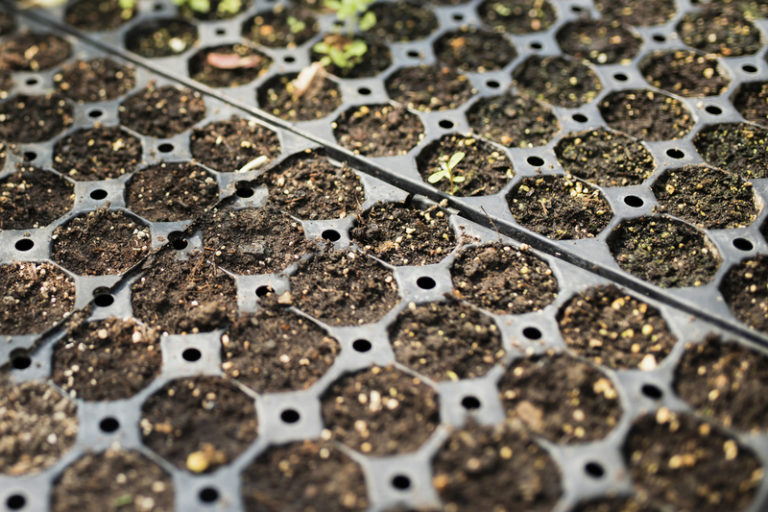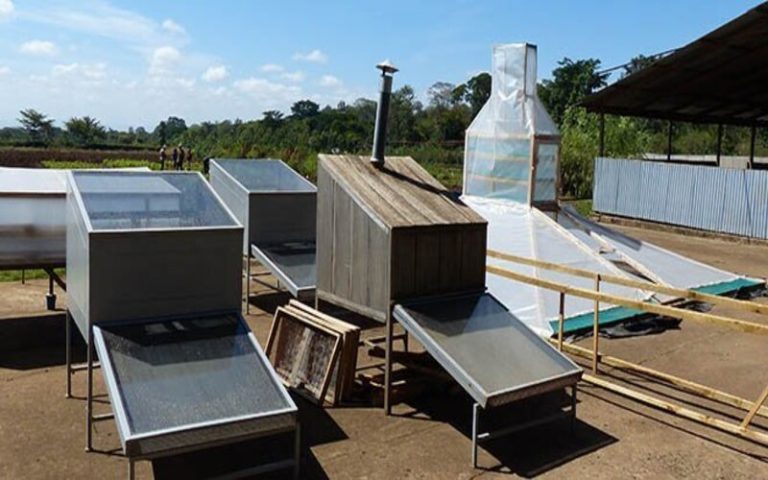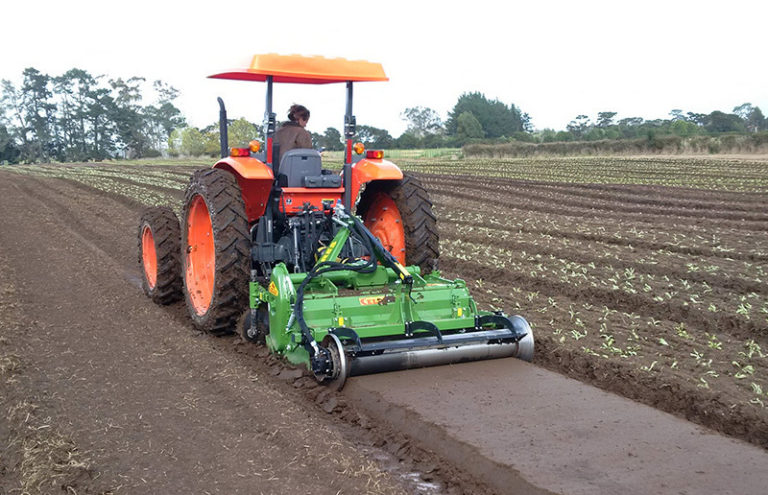Agricultural Fertilizer Injection Pumps: Key to Improving Crop Yields and Sustainability
Fertilizer is an essential component of agriculture, providing essential nutrients to crops to support healthy growth and productivity. However, the traditional method of applying fertilizer to crops, which involves broadcasting fertilizer on the soil surface, can be wasteful, leading to soil degradation and the leaching of nutrients into water systems.
Agricultural Fertilizer Injection Pumps are a solution to these problems. They help make fertilizer application more efficient and last longer.
Agricultural Fertilizer Injection Pumps are designed to precisely inject fertilizer into the soil, providing crops with the nutrients they need to grow and thrive.
By precisely applying fertilizer, these pumps help reduce waste and minimize the environmental impact of fertilizer use. They also help to improve the efficiency of fertilizer application, as farmers can adjust the amount of fertilizer applied to meet the specific needs of their crops.
Advantages of Agricultural Fertilizer Injection Pumps
There are several key advantages to using Agricultural Fertilizer Injection Pumps:
- Increased Efficiency: By precisely injecting fertilizer into the soil, Agricultural Fertilizer Injection Pumps help to increase the efficiency of fertilizer use, reducing waste and maximizing the benefits of fertilizer application.
- Improved Crop Yields: By providing crops with the nutrients they need to grow and thrive, Agricultural Fertilizer Injection Pumps can help to improve crop yields and increase the profitability of agriculture.
- Reduced Environmental Impact: By reducing the waste of fertilizer and minimizing the leaching of nutrients into water systems, Agricultural Fertilizer Injection Pumps help reduce the environmental impact of fertilizer use.
- Increased Sustainability: By improving the efficiency and sustainability of fertilizer application, Agricultural Fertilizer Injection Pumps help to ensure that agriculture remains a viable and sustainable industry for generations to come.
Types of Agricultural Fertilizer Injection Pumps
There are several types of Agricultural Fertilizer Injection Pumps available, each designed to meet the specific needs of different agricultural applications. These include:
- Dosing pumps are made to put small amounts of fertilizer into the soil. This makes them perfect for small-scale gardening and home gardening.
- Precision Injection Pumps: Precision injection pumps are made to apply fertilizer in a precise and controlled way. This makes them perfect for commercial and large-scale farming.
- Fertigation Pumps: These pumps are made to be used in irrigation systems so that farmers can add fertilizer to crops as they water them in a precise way.
Choosing the Right Agricultural Fertilizer Injection Pump
Choosing the right Agricultural Fertilizer Injection Pump requires careful consideration of several factors, including the size of the operation, the specific needs of crops, and the type of fertilizer being used. It is also important to consider the compatibility of the pump with the irrigation system and the ease of use and maintenance of the pump.
Implementing Agricultural Fertilizer Injection Pumps
Implementing Agricultural Fertilizer Injection Pumps requires careful planning and preparation. This includes selecting the right pump, determining the appropriate fertilizer application rate, and properly installing and calibrating the pump. It is also important to ensure that the pump is properly maintained and serviced to ensure optimal performance and efficiency.
Conclusion
Agricultural Fertilizer Injection Pumps provide a solution to the challenges facing agriculture, helping to improve the efficiency and sustainability of fertilizer application.
By reducing waste, improving crop yields, and minimizing the environmental impact of fertilizer use, these pumps play a critical role in ensuring that agriculture remains a viable and sustainable industry for generations to come.
However, choosing the right pump and implementing it effectively requires careful planning and preparation, as well as proper maintenance and servicing. By working together to promote and support the use of Agricultural Fertilizer Injection Pumps, we can help to build a more sustainable and secure food system for all.
Also Read :-
Reverse Osmosis Systems for Agriculture: Improving Irrigation and Enhancing Crop Yields








Thanks for sharing. I read many of your blog posts, cool, your blog is very good.